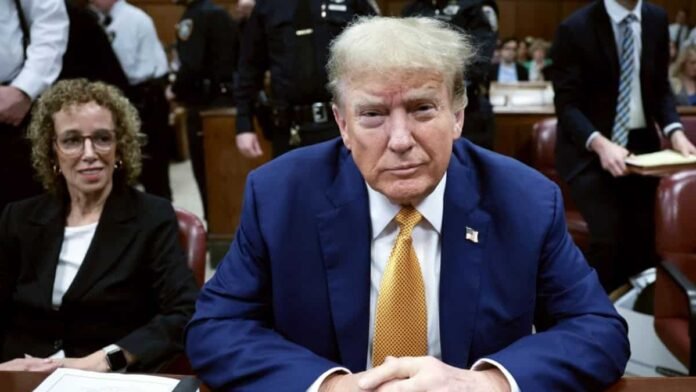Donald Trump does not have presidential immunity in the hush money case involving former porn performer Stormy Daniels, a US judge has ruled.
Trump was convicted in May on 34 counts of falsifying business records, related to payments of $130,000 made to porn star Stormy Daniels to keep quiet about an alleged affair during his 2016 election campaign. Trump has repeatedly denied any affair.
Judge Juan Merchan ruled on Monday (Dec 16) that the US president-elect’s conviction in the hush money case should not be dismissed on account of the Supreme Court’s presidential immunity ruling.
Squashing Trump’s bid to have the conviction thrown out, the judge said the Supreme Court decision granting presidents sweeping immunity for official acts did not apply in this case as testimony at the trial related “entirely to unofficial conduct” and thus “entitled” the Republican “to no immunity protections.”
Historic decision
Judge Juan Merchan’s decision is nothing short of historic as it raises the prospect that Donald Trump could become the first US President to enter the White House with a felony conviction to his name, pending appeal against the jury’s verdict.
Even as Trump’s legal team contended that the Supreme Court’s landmark July ruling on presidential immunity applies here, prosecutors, according to US media reports, argued that their bid to have the case thrown out was “well beyond” what was needed to protect the presidency.
Trump legal team’s argument
On December 3, shortly after President Joe Biden pardoned his son Hunter Biden saying he was “selectively, and unfairly, prosecuted” by the Department of Justice (DOJ) “only because he is my son,” the Trump team in a 69-page filing drew comparisons between their case and Biden’s reasoning.
They claimed that the DOJ similarly targeted Trump with politically motivated investigations. They also once again invoked presidential immunity — that the Supreme Court said only extends to ‘official acts’ while president — and the Presidential Transition Act, among other laws, to “immediately dismiss the Indictment and vacate the jury’s verdicts.”
(With inputs from agencies)


